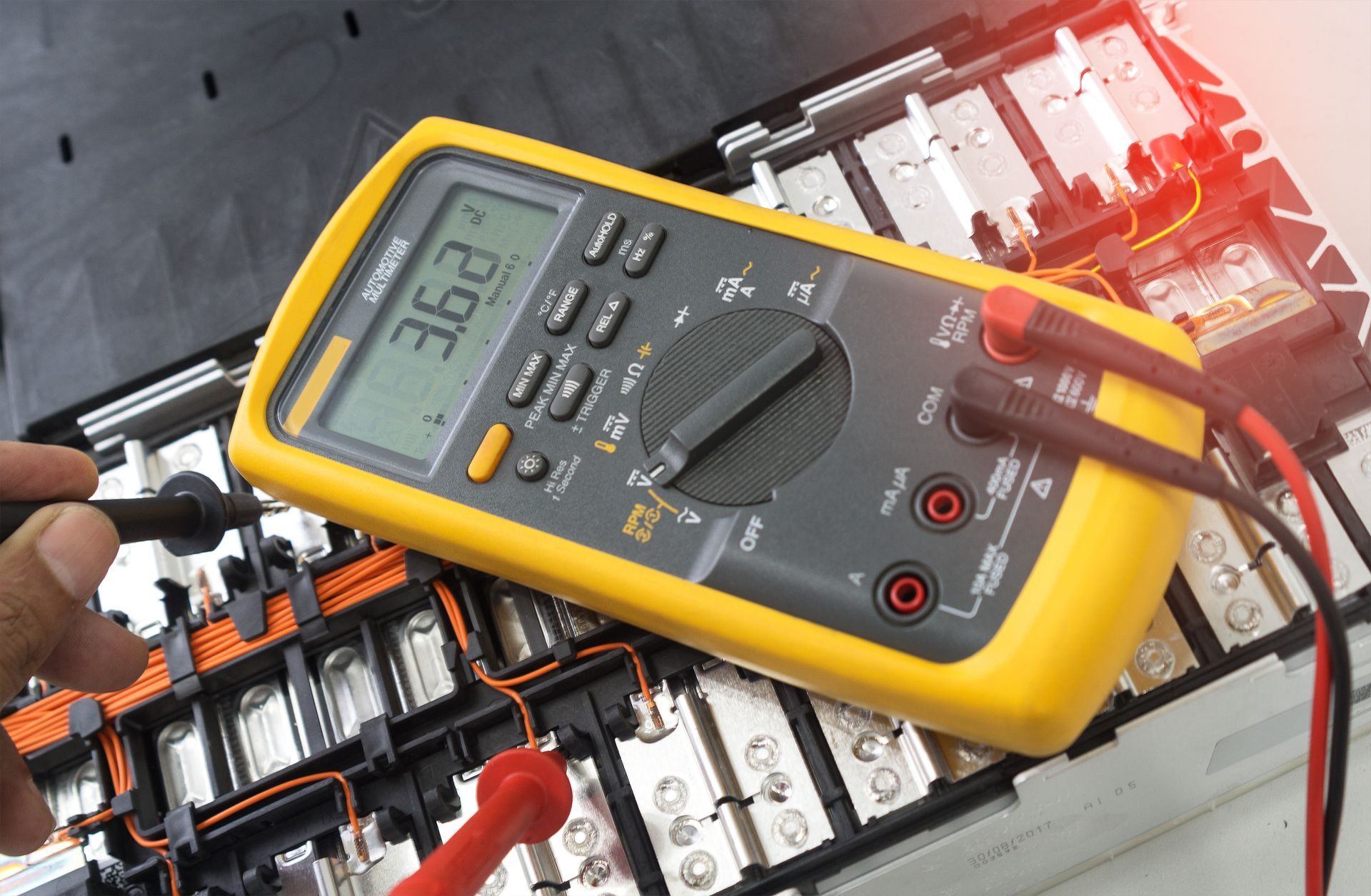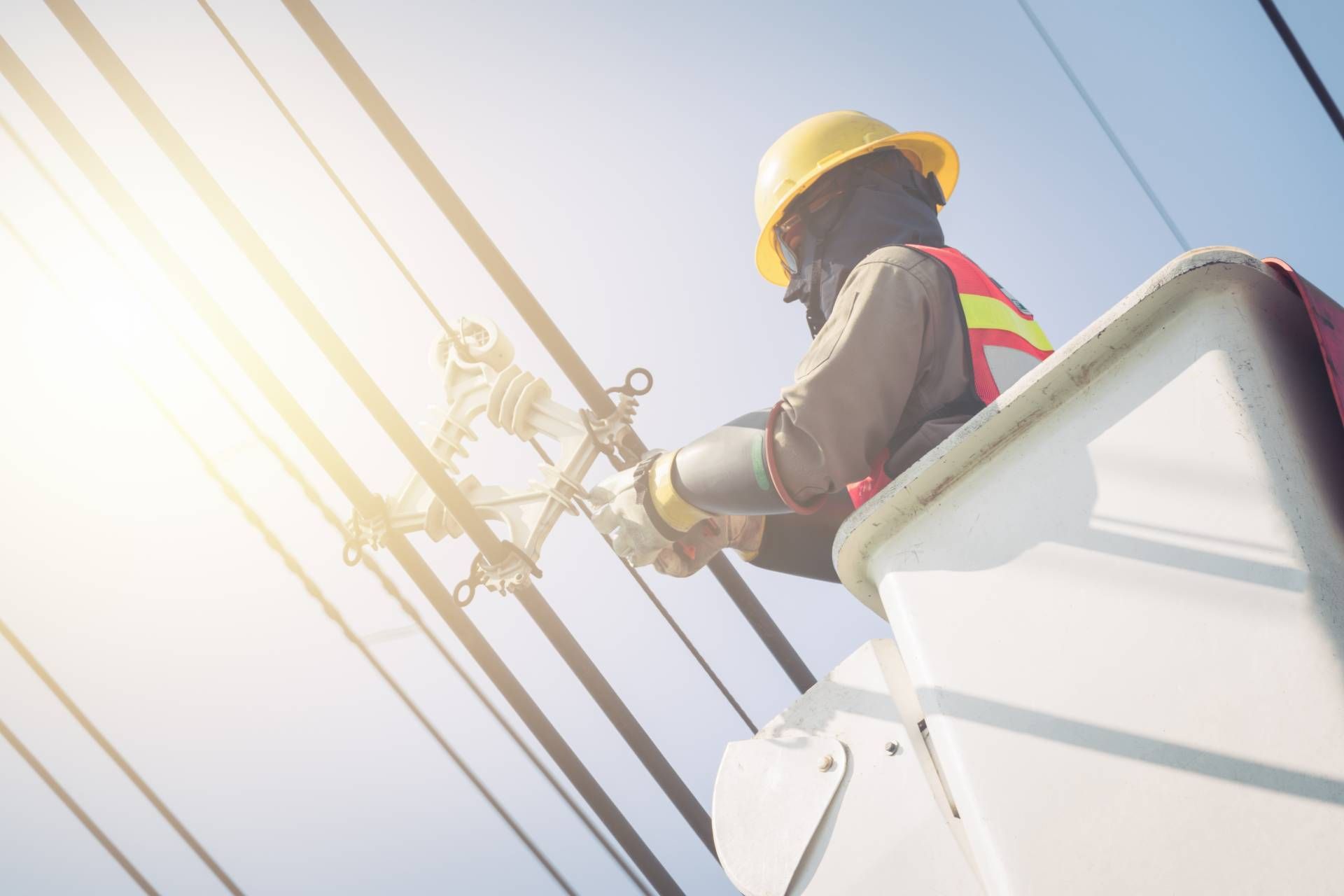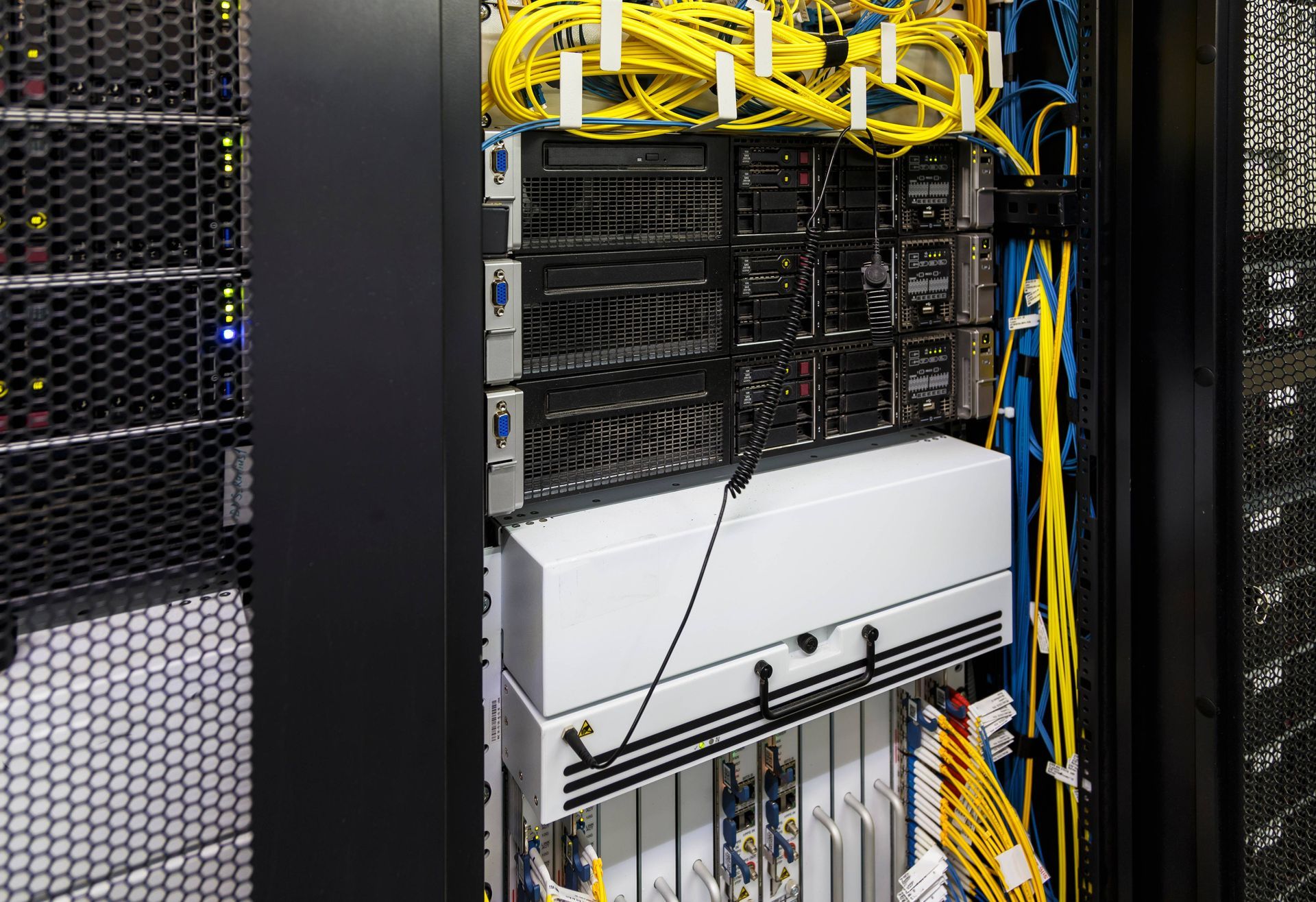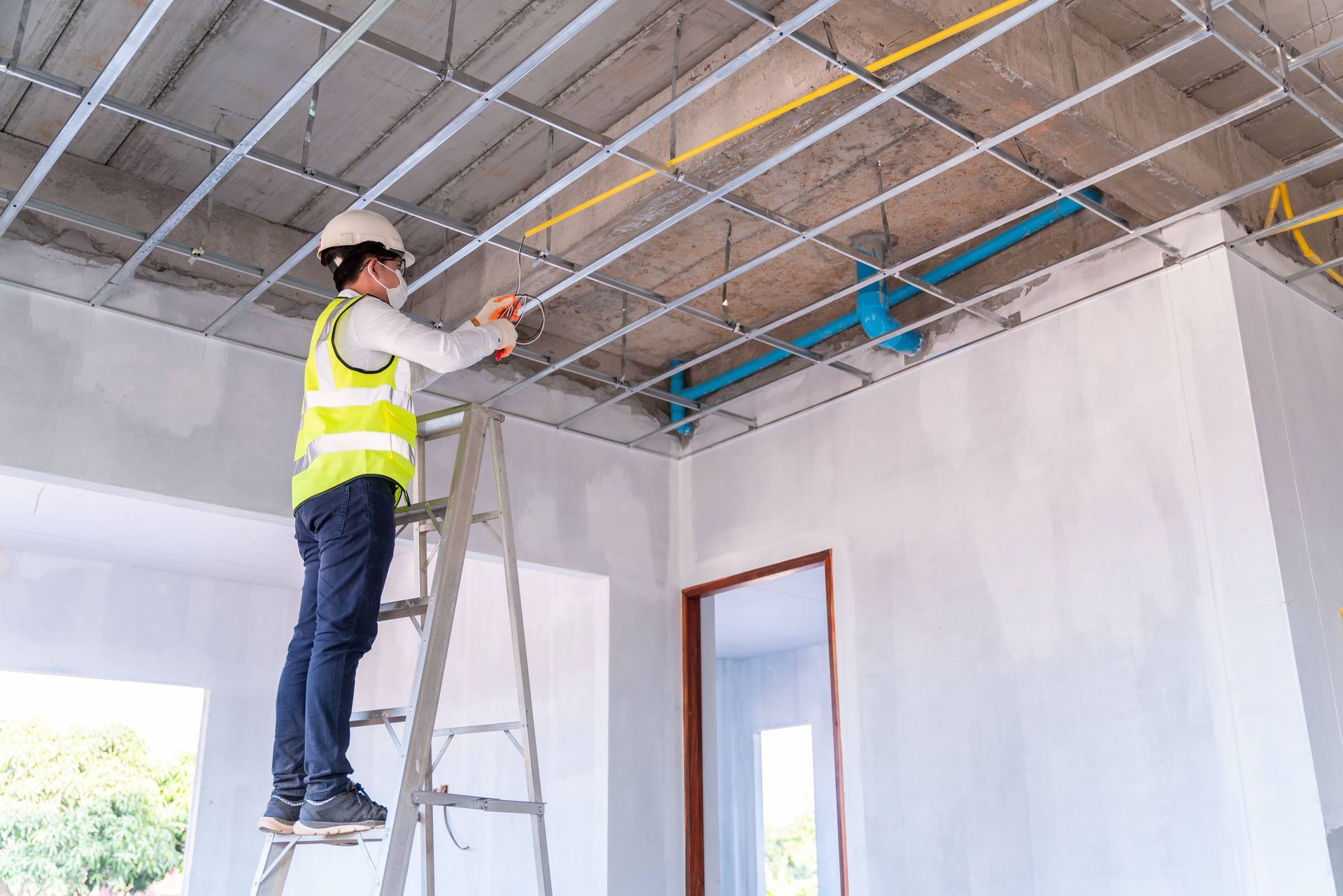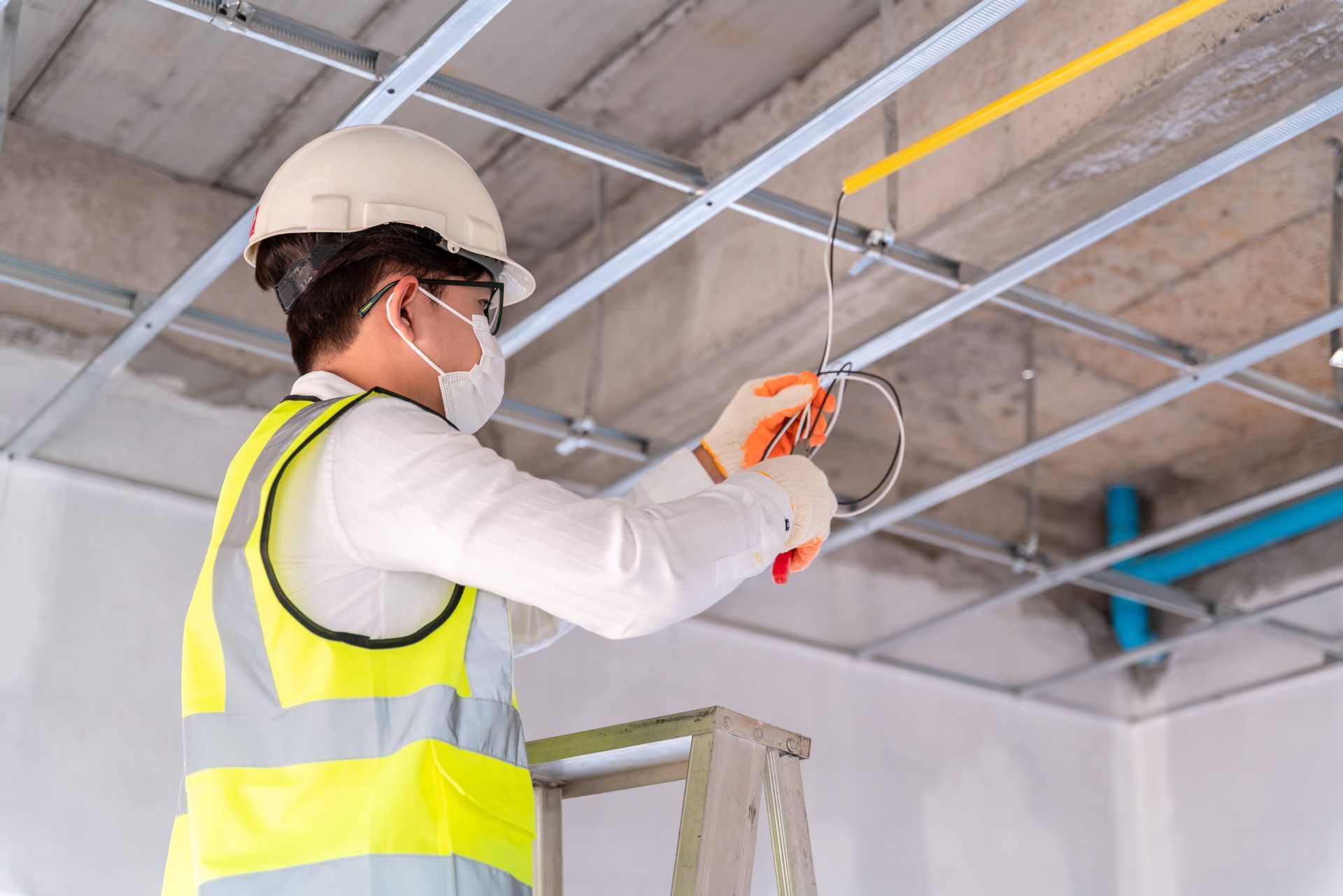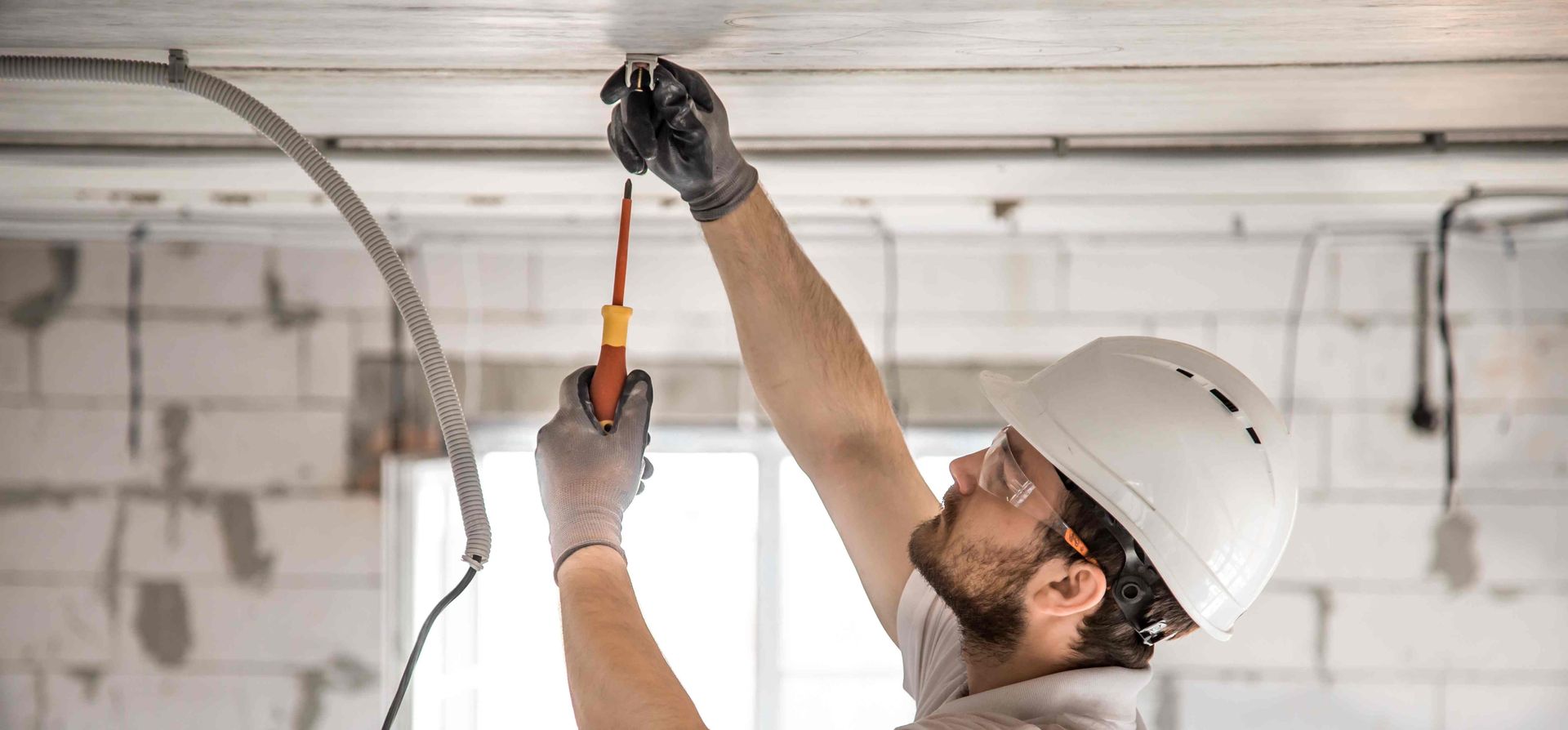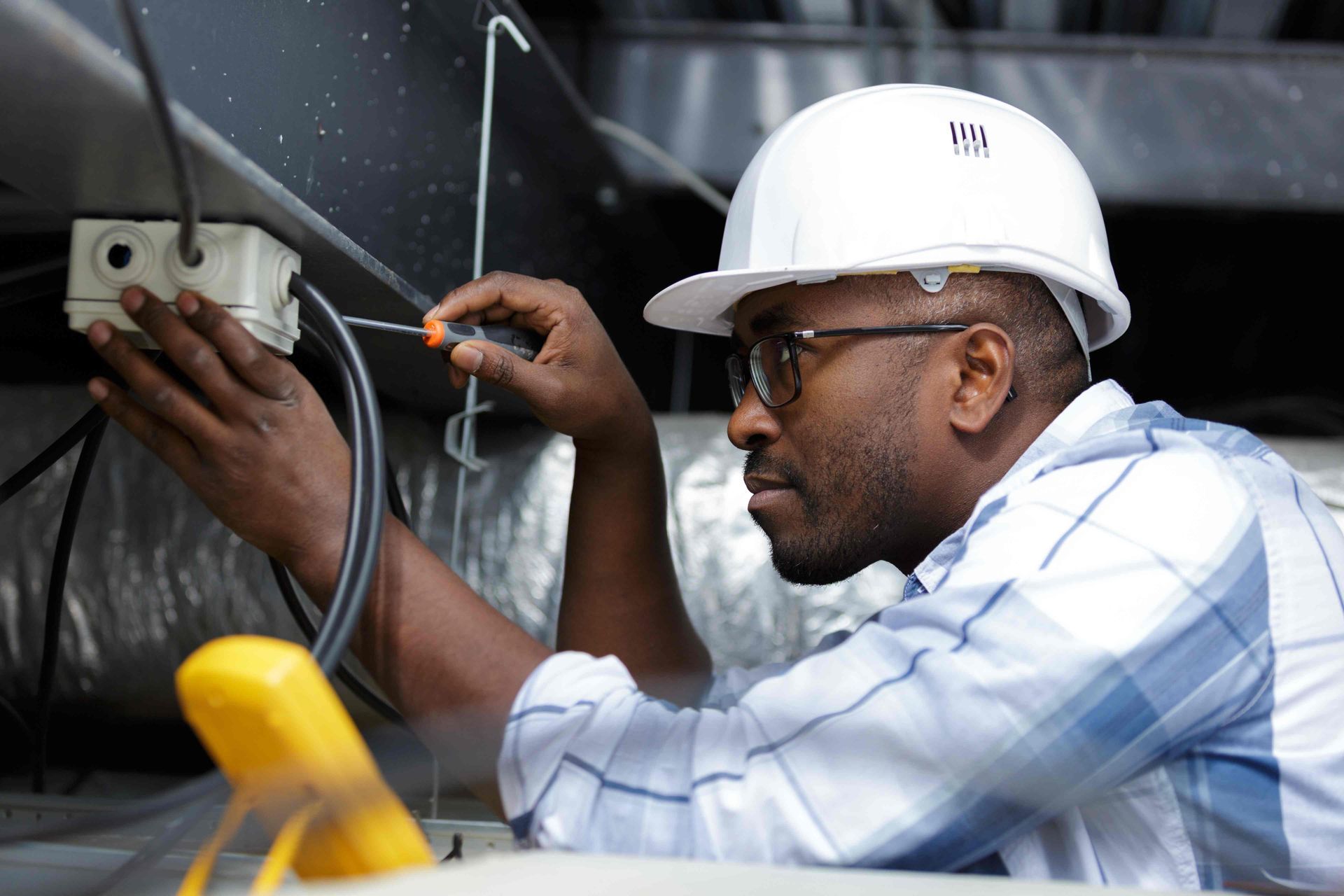All You Need to Know About Tripped Breakers at Your Business
As business owners ourselves near Lexington, KY, we understand folks don’t appreciate power problems that disrupt their operations, nor do their employees or customers. A proactive approach can prevent these issues or minimize their effects.
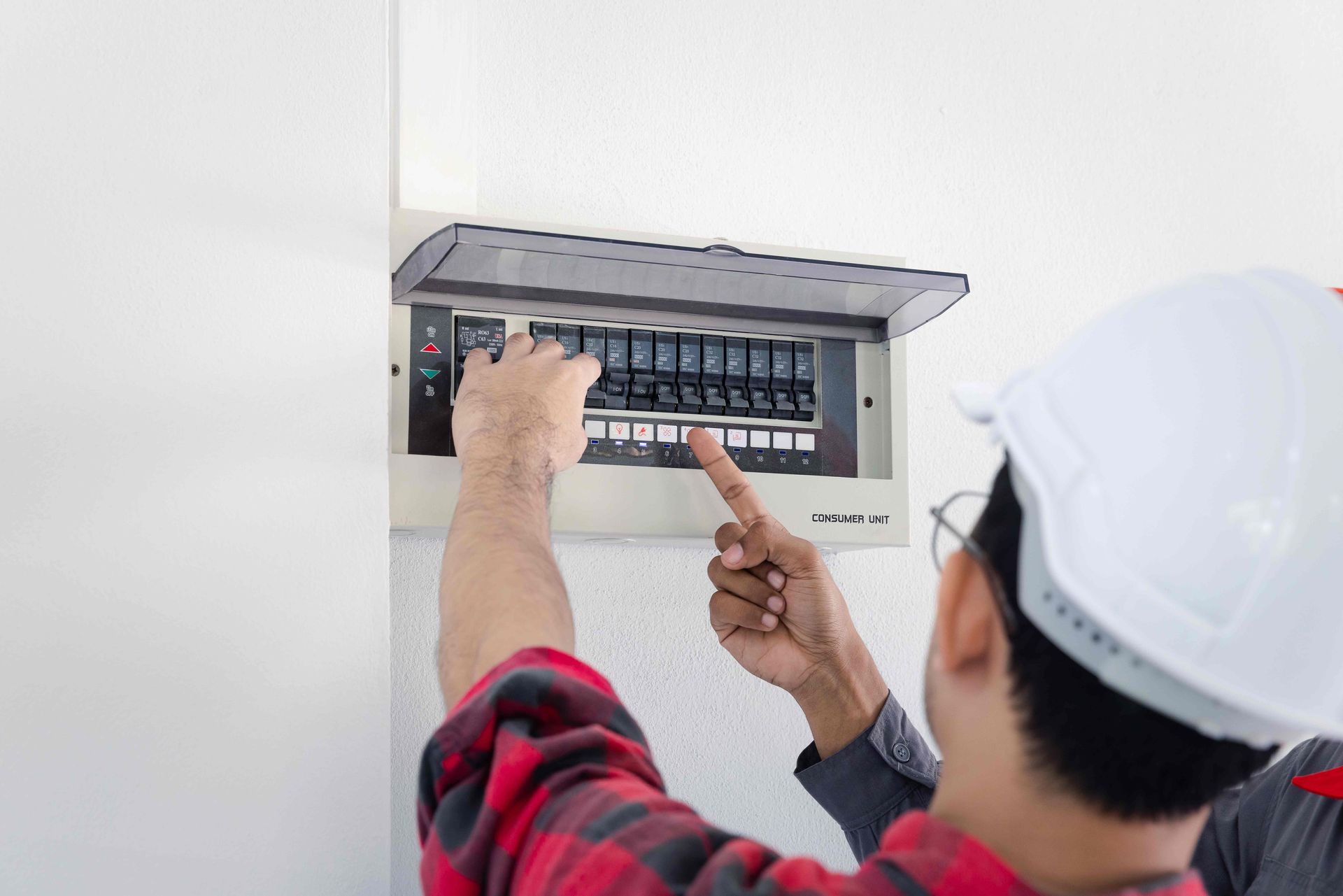
At Walker Electric, we tell our clients how to identify and address tripped circuit breakers, saving them time and money and preventing potential hazards.
Understanding Circuit Breakers and Tripped Breakers
Circuit breakers are safety devices at businesses and homes that automatically shut off power when detecting overloads, short circuits, or ground faults. The switch "trips" or shuts off when too much electricity flows through it, protecting your home from overheating or electrical fires.
For business owners, a tripped breaker can halt productivity, disrupt customer service, and damage electronics or inventory. Restaurants may lose refrigeration, retail stores can face register outages, and offices could experience computer shutdowns. All those situations typically require emergency electrical service.
Signs of a Tripped Breaker
Here’s what to look for in a tripped breaker quickly to minimize that unwanted downtime:
- Having a sudden power loss in specific areas.
- Experiencing devices that are shutting down unexpectedly.
- Smelling burning odors near electrical panels.
- Hearing buzzing sounds from the breaker box.
- Feeling warm breaker switches.
FAQ About Tripped Breakers
Here are some FAQs about tripped breakers to help you understand the situation more:
What Is a Tripped Circuit Breaker?
A tripped circuit breaker has automatically switched off to interrupt electrical flow after detecting unsafe conditions. This safety mechanism prevents:
- Fires.
- Equipment damage.
- Potential injuries.
What Does a Tripped Breaker Look Like?
A tripped breaker typically rests in the middle position between "on" and "off." It may not look obviously displaced, but careful inspection will show its misalignment with other switches.
Some modern breakers show red indicators when they’re tripped.
What Trips a Circuit Breaker?
Circuit breakers trip when they detect abnormal electrical conditions, such as:
- Overloaded circuits.
- Short circuits.
- Ground faults.
- Arc faults.
Can Circuit Breakers Go Bad Without Tripping?
Yes, circuit breakers can go bad without tripping. Aging breakers might not trip when they should, creating fire hazards.
Signs of failing breakers include:
- Noticing discoloration.
- Smelling burning odors.
- Hearing buzzing sounds.
- Noticing inconsistent performance.
What Do Tripped Circuit Breakers Indicate?
Tripped breakers signal potential electrical problems that need attention. They indicate that your system has experienced an overload, short circuit, or ground fault.
Frequent trips suggest underlying issues that require an electrician's visit.
What to Know About DIY vs. Professional Electrical Help
For simple tripped breakers, find the tripped switch in the middle position, push it fully "off," and then back to "on." However, call a commercial electrician if breakers trip repeatedly, you notice burning smells, the panel feels hot, or you're unsure about electrical safety.
Tips to prevent future challenges include:
- Scheduling regular electrical inspections.
- Distributing loads across multiple circuits.
- Unplugging unused equipment.
- Replacing aging wiring.
- Installing surge protectors.
- Upgrading panels if your business has expanded.
Find Quality Commercial Electrical Services Near Lexington, KY
Don’t let a tripped breaker at your business shock your bottom line. Walker Electric's licensed commercial electricians diagnose and repair breaker problems quickly. Our team members know downtime costs money, so we offer prompt service, thorough inspections, and lasting solutions for your business needs.
Contact us online or call (859) 252-2892 to speak with our team. Walker Electric proudly serves Fayette County and surrounding counties and cities, including Lexington, Frankfort, Richmond, and Georgetown, KY.


